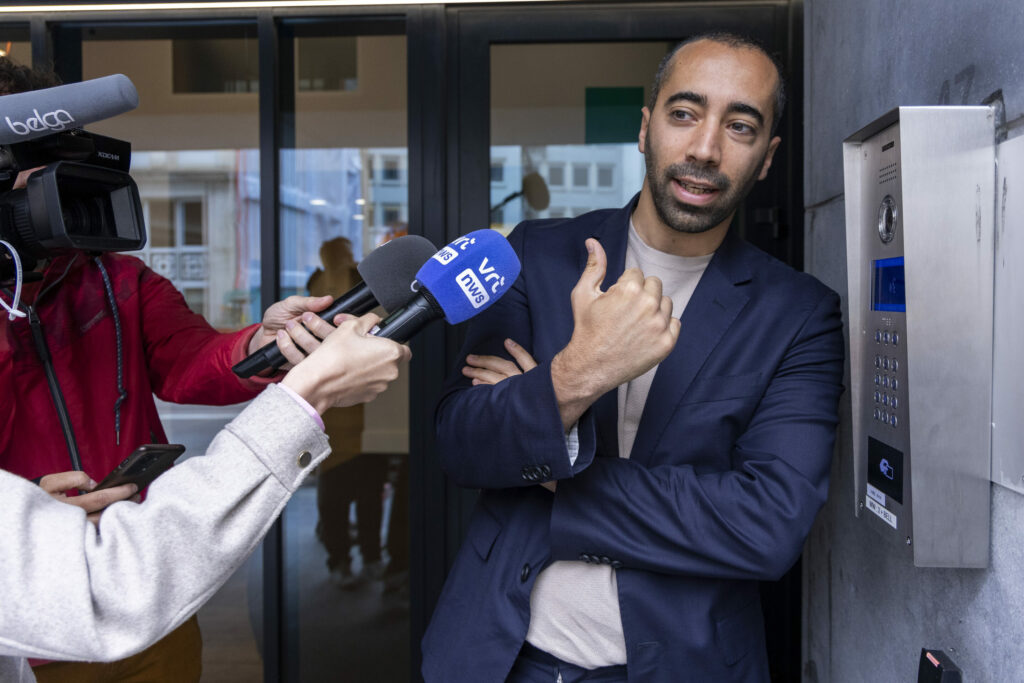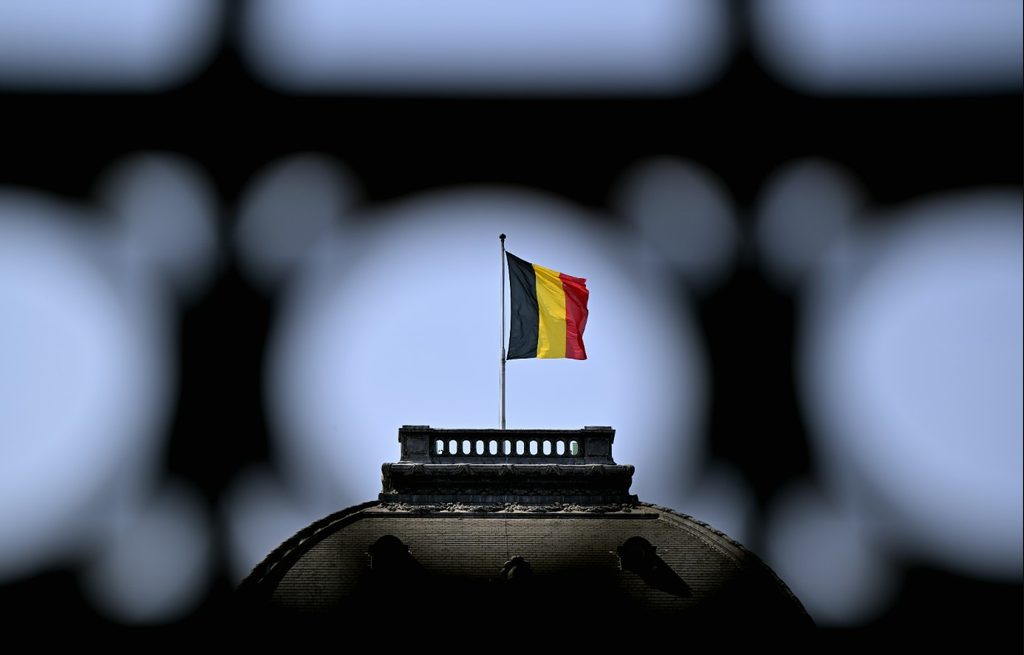It is easy to get lost in the election results of hundreds of different Belgian municipalities, but the local elections also laid bare some important trends now that the negotiations for the Federal Government are picking up again.
The result of Sunday's local elections has strengthened the legitimacy of the current parties negotiating for a new federal coalition, with N-VA, CD&V, Vooruit, MR and Les Engagés all scoring well.
"Municipal elections have their own dynamics, with results much more tied to local issues or popular figures such as mayors. But we often also see that national trends continue locally," Dave Sinardet, professor of political science (VUB), told The Brussels Times.
Particularly this year, with the municipal elections happening only a few months after the federal and regional ones in June, those trends are clearer than usual.
"In Flanders, it is clear that N-VA managed to hold its ground and Vooruit is making some progress across the board. That was also partly the case in June and they can now confirm those wins," Sinardet said.
Solid negotiating ground
Vooruit lost Vilvorde, but gained Ostend and Turnhout. Additionally, it did not win in Sint-Niklaas, the home town of its leader Conner Rousseau who was also standing there. However, the party did make good overall progress – strengthening the socialists' negotiating position as the only left-leaning party in an otherwise centre-right coalition at the federal level.
In Antwerp, N-VA leader and city mayor Bart De Wever won the elections from radical left PTB-PVDA and managed to remain mayor. "He succeeded in reducing the elections to a battle between him and 'the red menace' or the 'communists standing at the city gates' – gathering the centre-right around him."
Despite the fact that the Christian Democrats (CD&V) saw their support eroded at the federal level, the party was able to maintain most of its local strongholds – it won the elections in 118 Flemish municipalities – and even managed to strengthen its position in some of them. "This might push them to be more assertive in the federal government negotiations."

CD&V's Sammy Mahdi. Credit: Belga / Nicolas Maeterlinck
"Additionally, Vlaams Belang is now participating in a ruling coalition for the first time," Sinardet pointed out. "While the party did not do badly overall, they certainly did not take the whole of Flanders by storm. Still, in Ninove they manage to obtain an absolute majority, which means that for the first time they will effectively govern a municipality."
While this is an important and historical victory for the far-right party, Sinardet pointed out that this also means that all eyes – national and international – are now on Ninove. "The pressure will be very high to show that things can be done differently with Vlaams Belang."
But maybe the most striking fact on the Flemish side was the lower-than-expected turnout (63%), after the obligation to vote had been abolished. "Over a third of eligible voters stayed at home. In a big city like Antwerp, only six in ten went to the polling station. We had expected the turnout to be between 70%-80%, but this is still quite a bit lower."
Interestingly, the coalition agreement of the new Flemish Government states that the abolition will be assessed. "N-VA was in favour of the abolition, but Vooruit and CD&V actually wanted to reintroduce the requirement. But now that they both did pretty well, the question remains whether they will stick to their principles and be so in favour of a reintroduction."
Window of opportunity
Meanwhile in Wallonia, the biggest conclusion is that PS managed to maintain the status quo and keep its biggest urban strongholds. "The party won an absolute majority in Charleroi with Thomas Dermine and they kept Liège with Willy Demeyer as well."
"In Mons, which had become somewhat of a symbolic battleground for MR leader Georges-Louis Bouchez, PS also held steady. Bouchez tried and failed to dethrone PS' Nicolas Martin. So the socialists remain big in the large cities," Sinardet said. "All in all, it's not a great result for the party, but not a tragedy either."
Additionally, Les Engagés also improved its results on Sunday compared to its already surprisingly high score in June. "They are getting closer to the 30% achieved by the MR. Party leader Maxime Prévot also achieved great success in his hometown Namur, while Bouchez was not able to confirm his win in Mons. It would therefore be possible that Prévot will now be firmer towards Bouchez."
With the upcoming five years free of any electoral deadlines (the next federal elections will not be until 2029) in Belgium, Sinardet stressed that this creates a" window of opportunity" for the five 'Arizona' parties to "adopt a series of political reforms," even if this will remain "a delicate balancing act."

